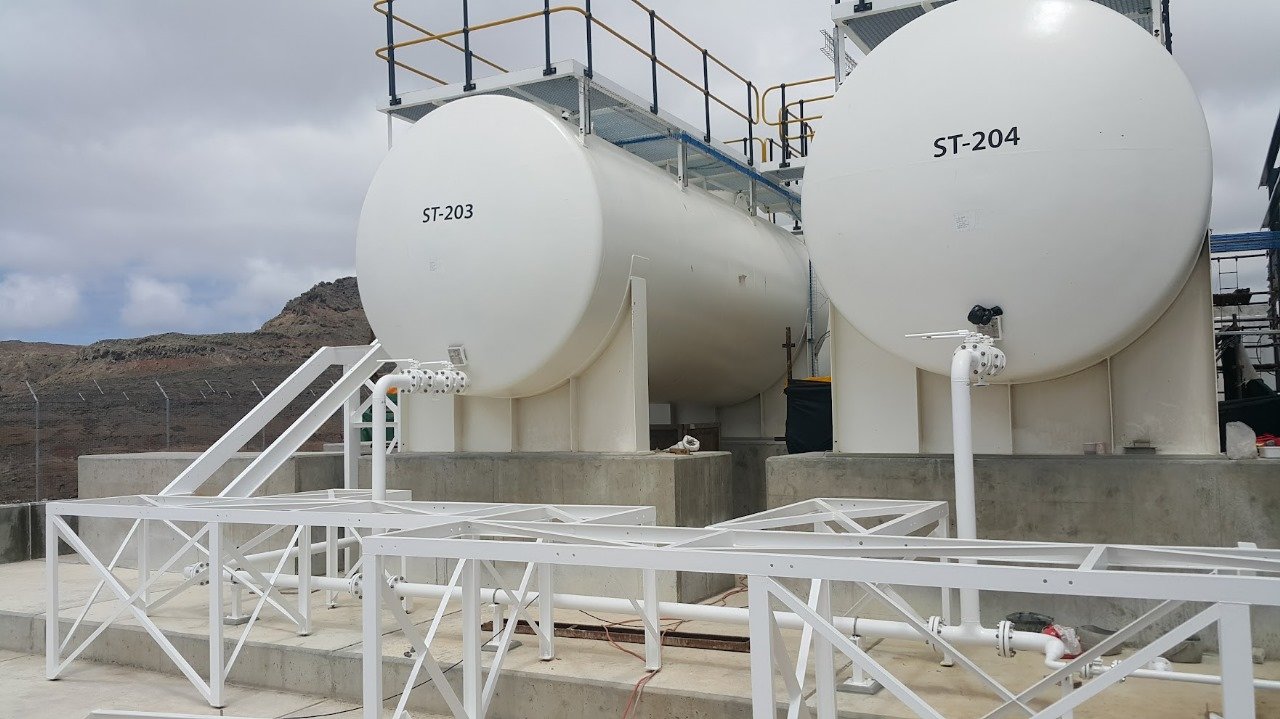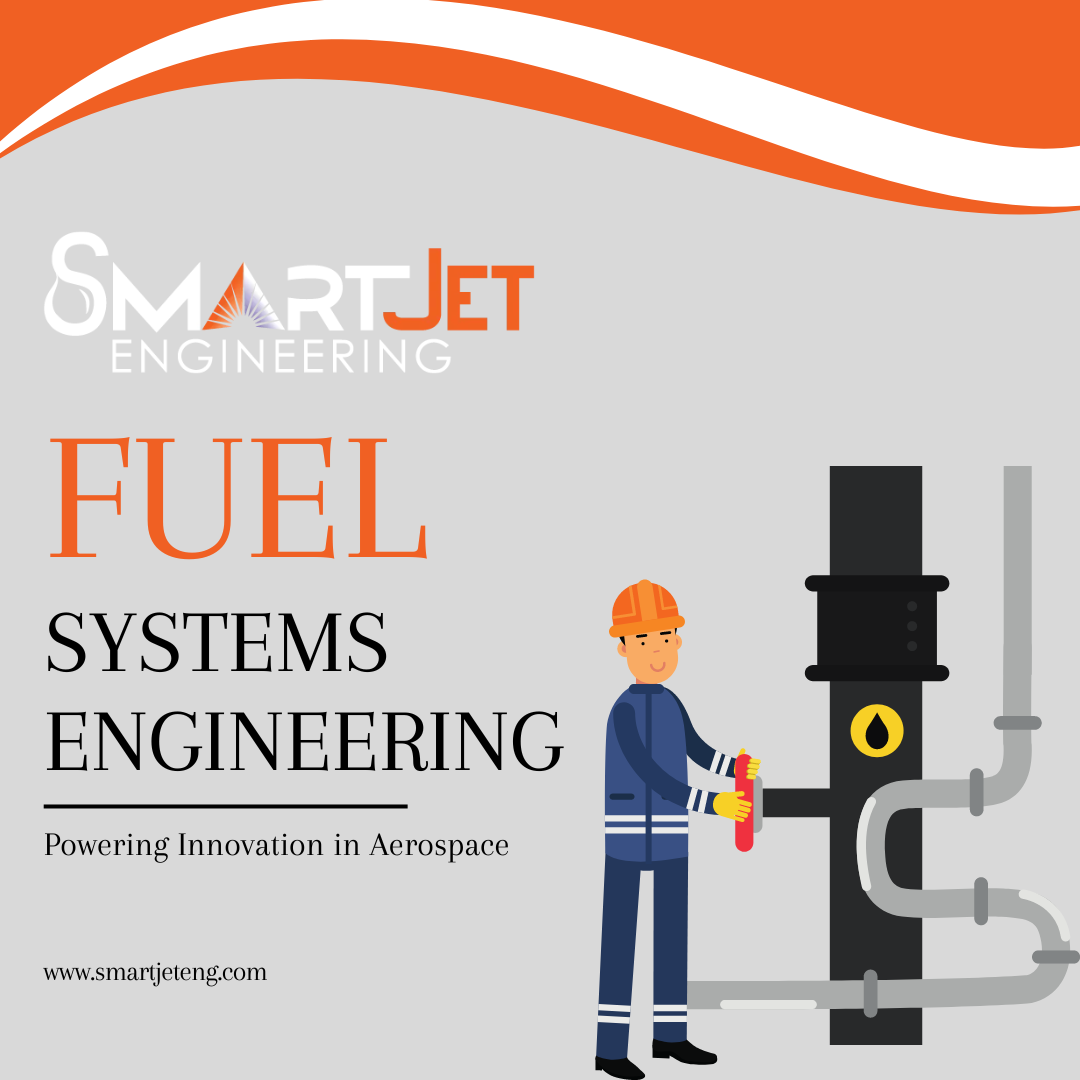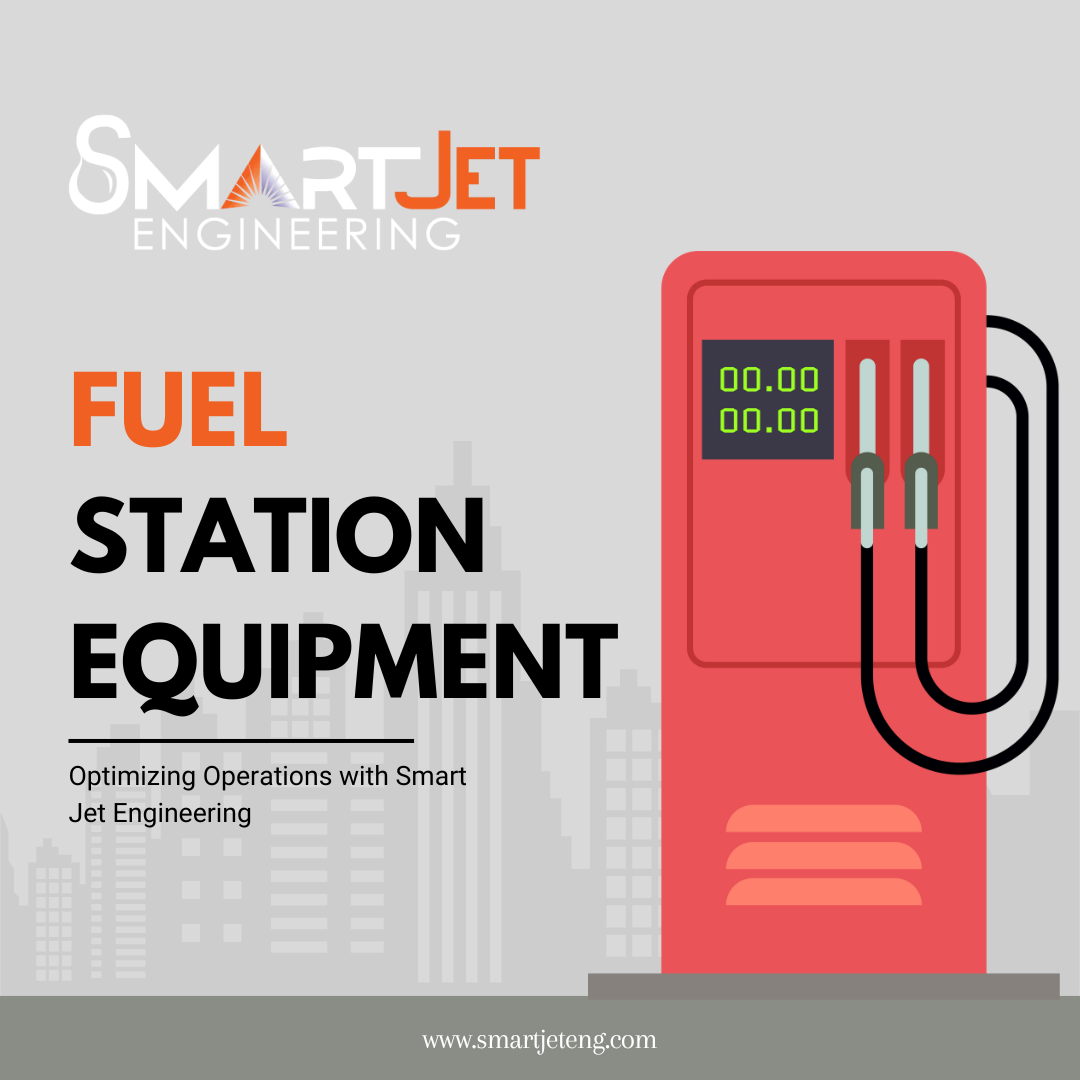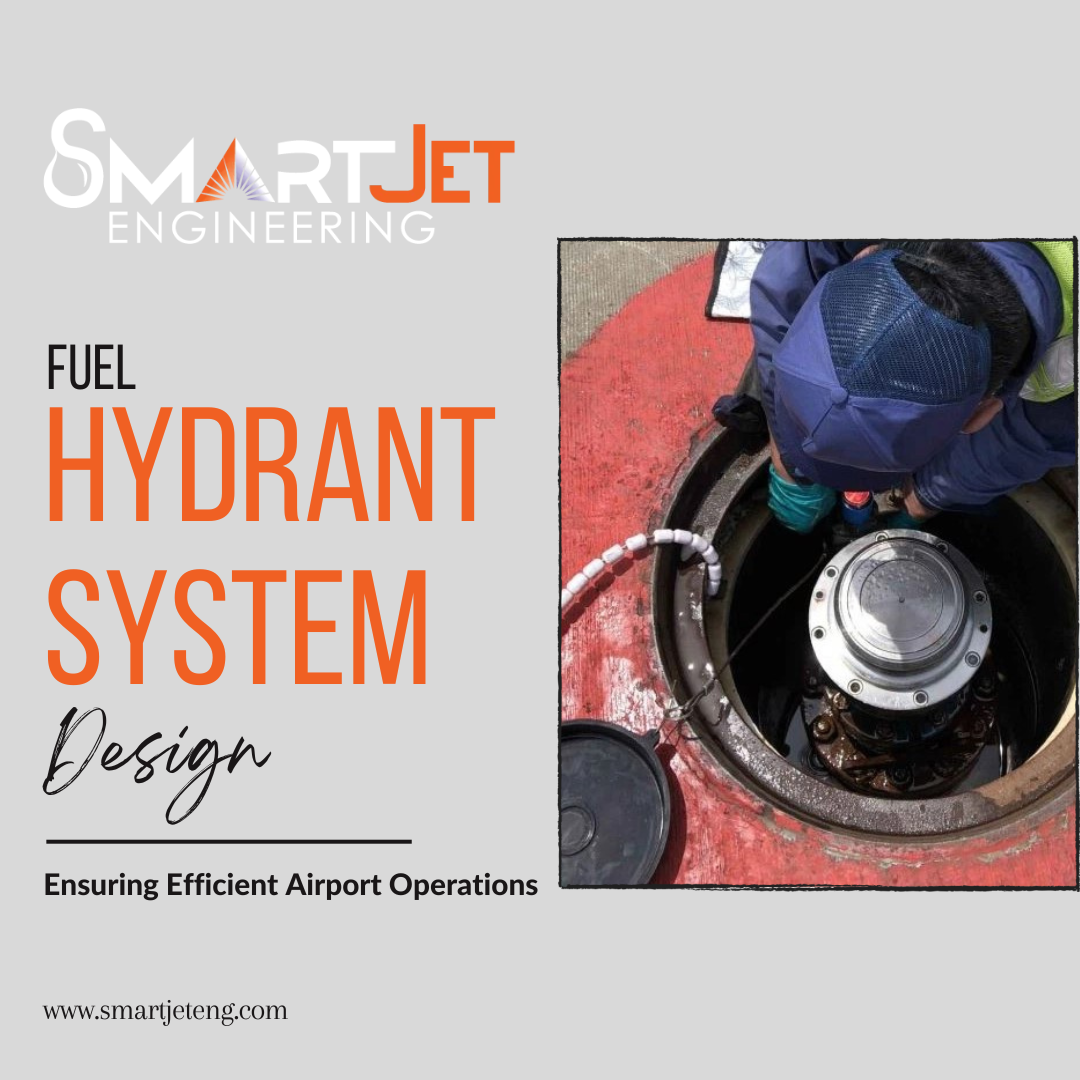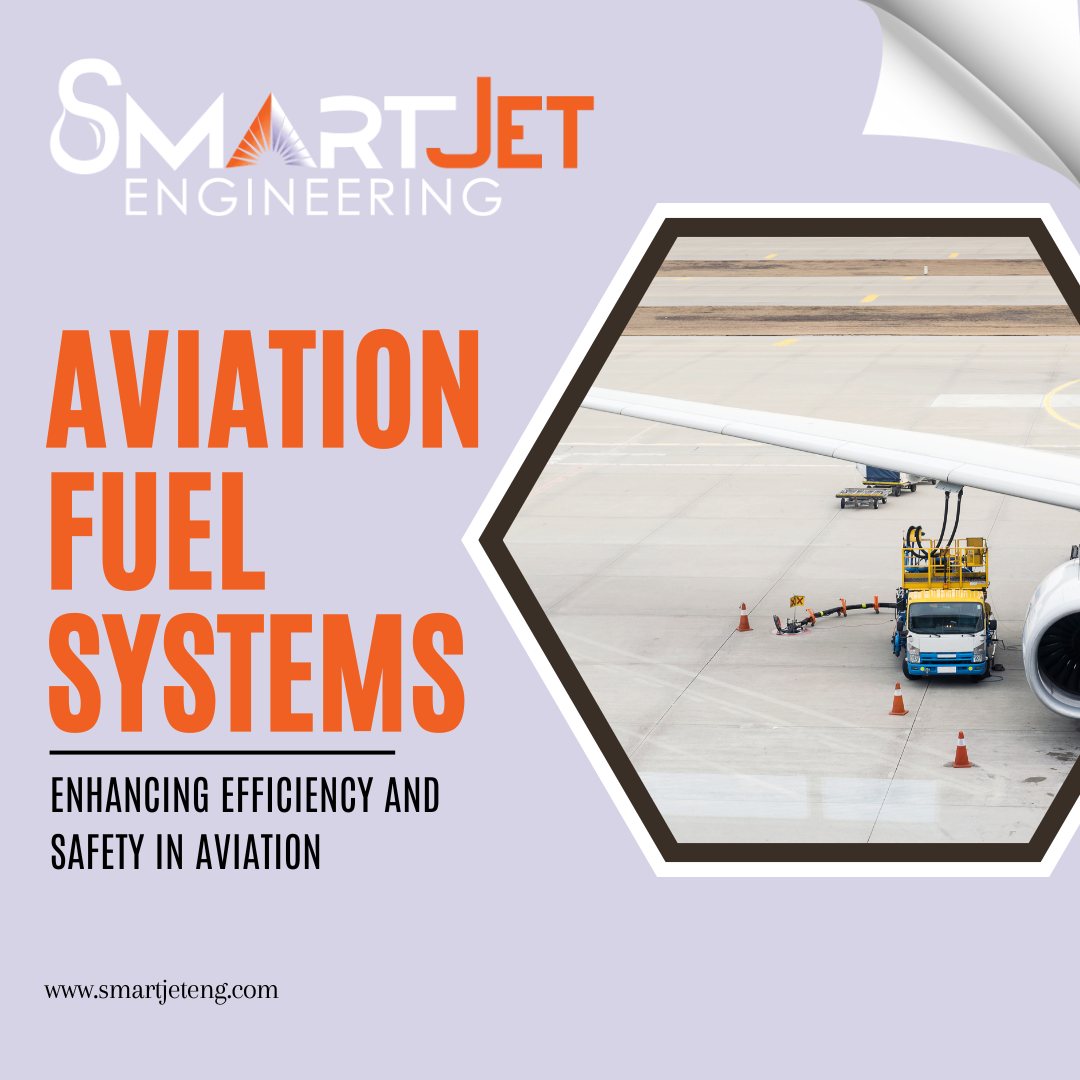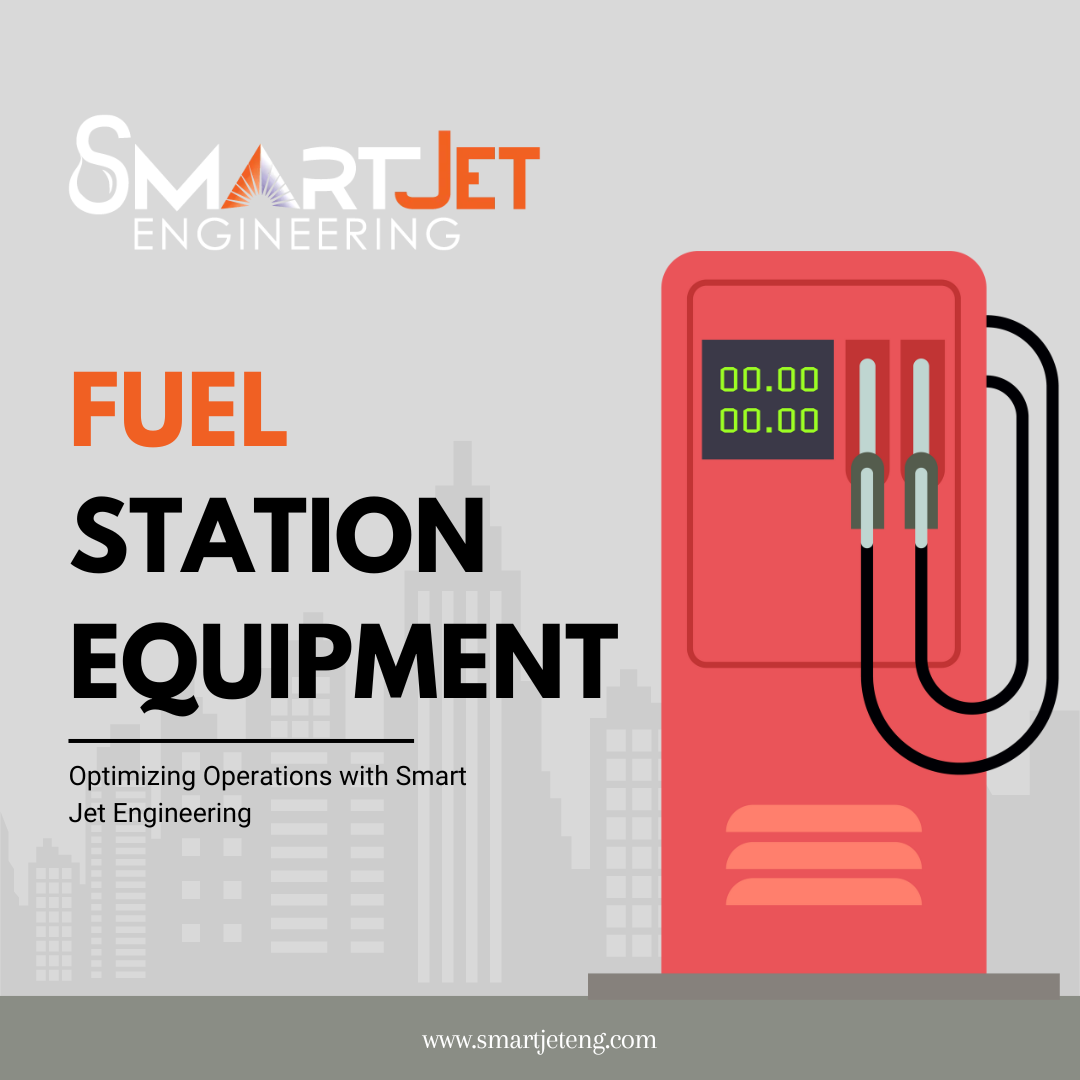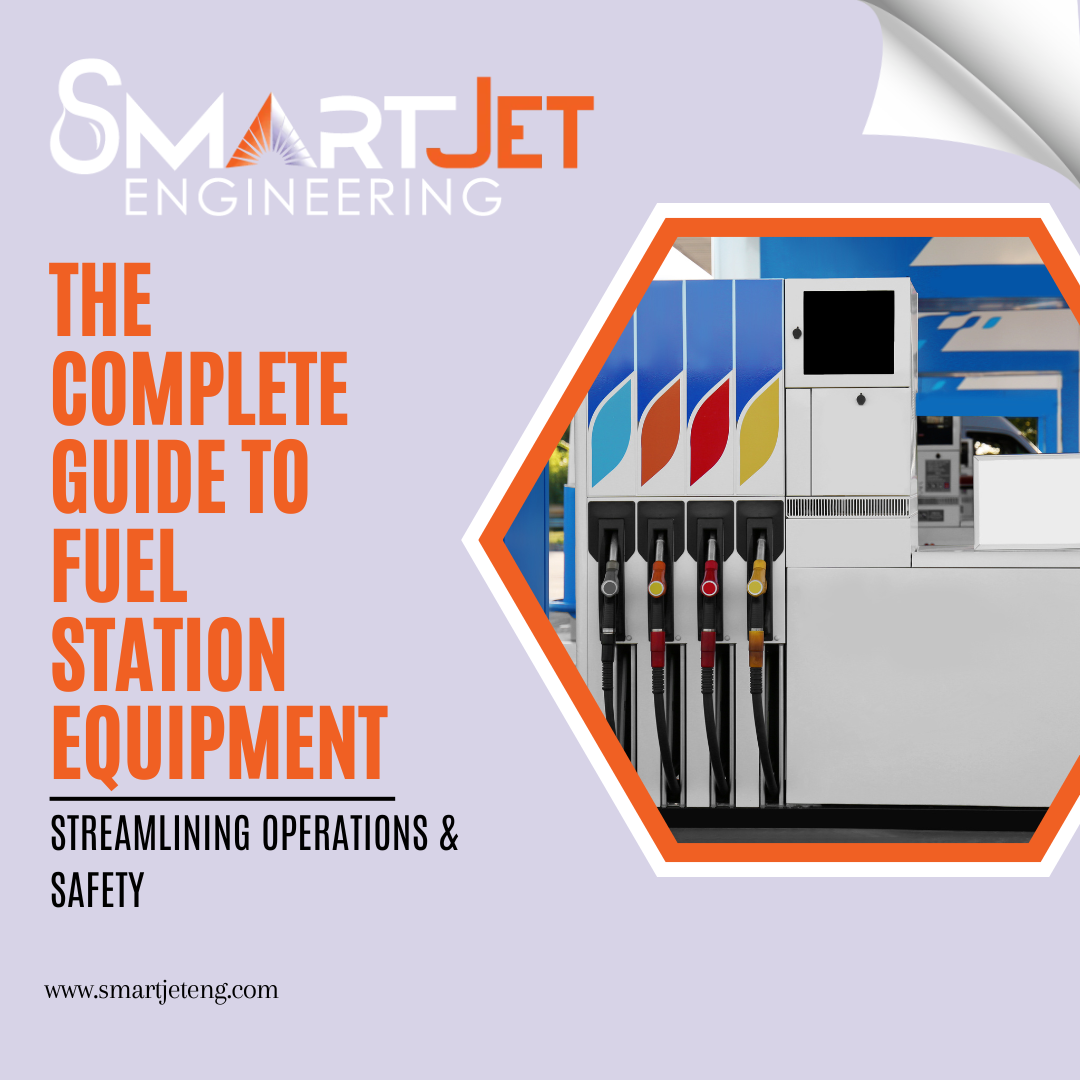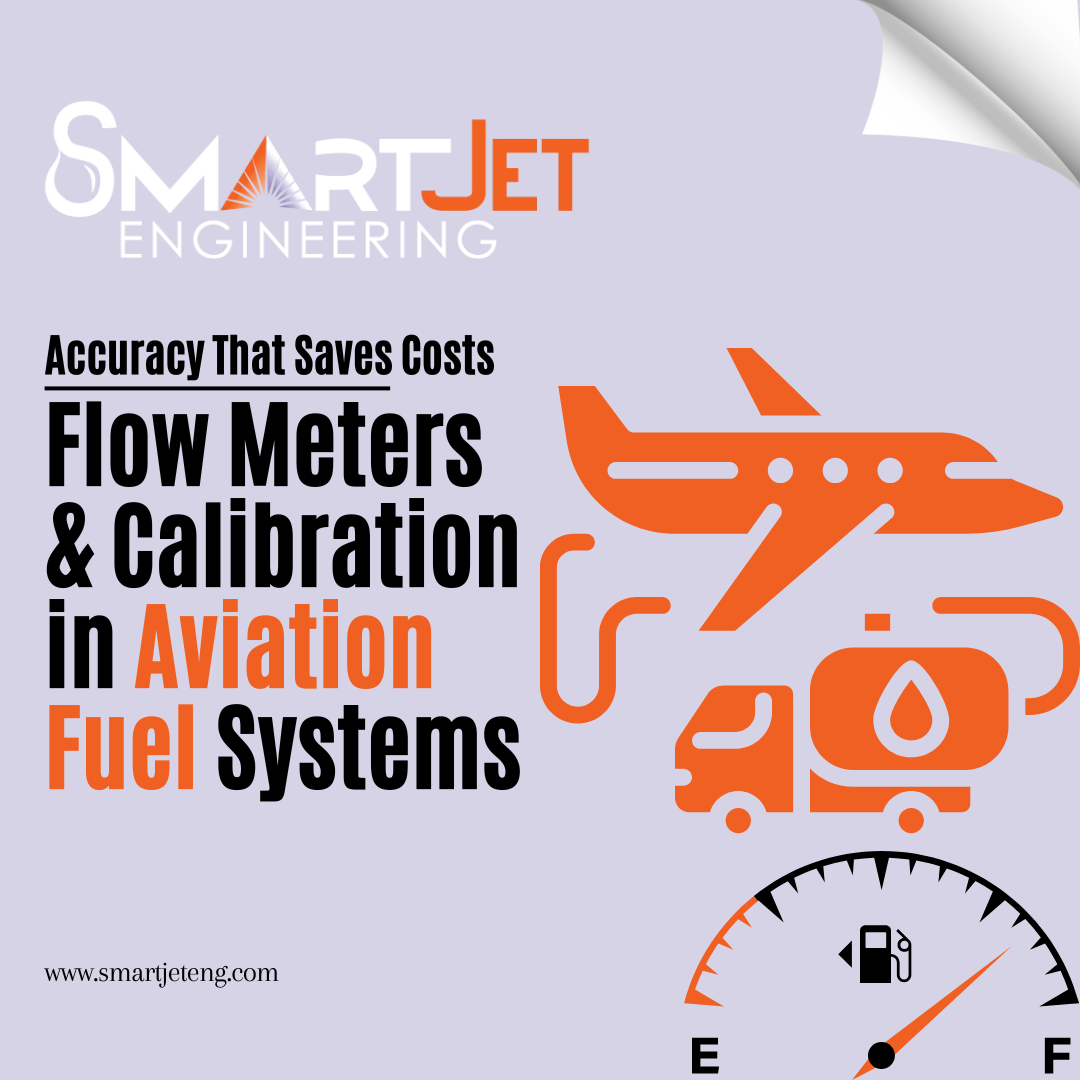The Importance of Ground Fuel Monitoring in Modern Aviation Operations
By - Admin

The Importance of Ground Fuel Monitoring in Modern Aviation Operations
Introduction
Ground fuel monitoring is a critical aspect of aviation operations, ensuring that aircraft are fueled safely, efficiently, and accurately. With the increasing complexity of aviation logistics and the need for cost-effective operations, ground fuel monitoring systems have become indispensable. In this blog, we’ll explore the importance of ground fuel monitoring, its benefits, and how SmartJet Engineering can help you implement cutting-edge solutions for your aviation needs.
Key Sections:
1. What is Ground Fuel Monitoring?
Ground fuel monitoring refers to the process of tracking, managing, and optimizing fuel usage during aircraft refueling operations on the ground. It involves the use of advanced systems and technologies to ensure accurate fuel measurement, prevent overfilling or underfilling, and maintain safety standards.
- Key Components:
- Fuel flow meters
- Sensors and monitoring devices
- Data management software
- Automated reporting systems
2. Why is Ground Fuel Monitoring Important?
Ground fuel monitoring plays a vital role in aviation operations for several reasons:
- Safety: Accurate fuel monitoring prevents overfilling, which can lead to fuel spills, fire hazards, and environmental damage.
- Cost Efficiency: By optimizing fuel usage, airlines and ground handlers can reduce fuel wastage and save on operational costs.
- Compliance: Ground fuel monitoring ensures adherence to strict aviation regulations and environmental standards.
- Operational Efficiency: Real-time monitoring allows for better decision-making and streamlined refueling processes.
3. Benefits of Advanced Ground Fuel Monitoring Systems
Investing in modern ground fuel monitoring systems offers numerous advantages:
- Real-Time Data: Access to live fuel data enables quick adjustments and reduces downtime.
- Error Reduction: Automated systems minimize human errors in fuel measurement and reporting.
- Environmental Sustainability: Efficient fuel management reduces carbon emissions and environmental impact.
- Improved Accountability: Detailed fuel usage reports enhance transparency and accountability in operations.
4. How SmartJet Engineering Can Help
At SmartJet Engineering, we specialize in providing state-of-the-art ground fuel monitoring solutions tailored to your specific needs. Our expertise in aviation engineering ensures that you receive reliable, efficient, and cost-effective systems.
- Our Solutions:
- Customizable fuel monitoring systems
- Integration with existing aviation infrastructure
- 24/7 support and maintenance services
- Why Choose Us?
- Proven track record in aviation engineering
- Commitment to safety and innovation
- Dedicated customer support
5. Future Trends in Ground Fuel Monitoring
The future of ground fuel monitoring is driven by advancements in technology:
- IoT Integration: Internet of Things (IoT) devices will enable seamless connectivity and data sharing across systems.
- AI and Machine Learning: Predictive analytics will optimize fuel usage and reduce operational costs.
- Sustainability Focus: Eco-friendly fuel monitoring solutions will become a priority for the aviation industry.
Conclusion:
Ground fuel monitoring is no longer just an option—it’s a necessity for modern aviation operations. By implementing advanced monitoring systems, you can enhance safety, reduce costs, and improve efficiency. At SmartJet Engineering, we’re committed to helping you achieve these goals with our cutting-edge solutions. Contact us today to learn more about our ground fuel monitoring systems and how we can support your aviation operations.
Search
Popular Posts
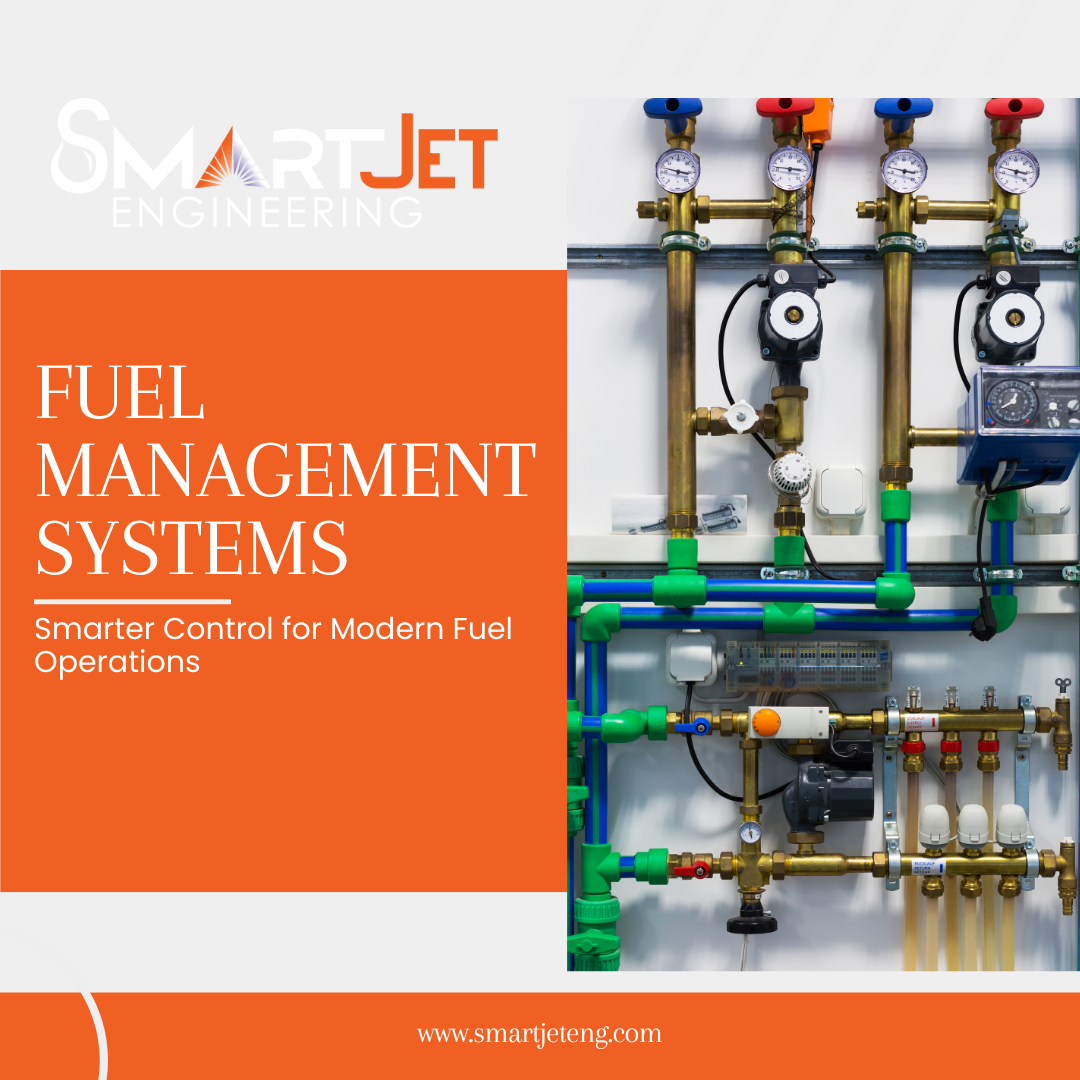
Fuel Management Systems: Smarter Control for Modern Fuel Operations
December 10, 2025

Pipe Support Engineering: Ensuring Strength, Stability, and Long-Term Reliability
December 10, 2025

Mobile Fuel Equipment: The Future of Safe and Efficient On-Site Refueling
December 10, 2025

Fuel Dispensing Systems: Reliable Solutions for Safe and Efficient Fuel Delivery
December 10, 2025

Tanker Refurbishment and Modification Services in UAE | Smart Jet Engineering
November 29, 2025


